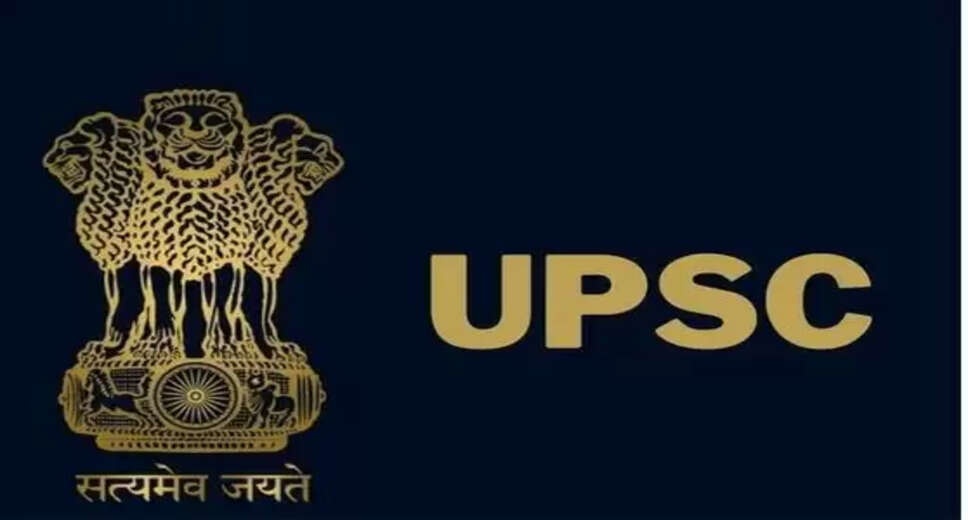Understanding UPSC's Creamy Layer Rule: Who Qualifies and How It Works
In the realm of government jobs and educational institutions, the provision of 27% reservation for OBC candidates is a well-established policy by the government. This policy entails certain rules for availing the benefits. Not every OBC candidate can benefit from this reservation due to the categorization into creamy and non-creamy layers.

In the realm of government jobs and educational institutions, the provision of 27% reservation for OBC candidates is a well-established policy by the government. This policy entails certain rules for availing the benefits. Not every OBC candidate can benefit from this reservation due to the categorization into creamy and non-creamy layers.

What is Creamy Layer?
The creamy layer categorization under government rules identifies OBC candidates who are ineligible for reservation benefits. According to government norms, only non-creamy layer OBC candidates can avail reservation benefits in jobs and educational institutions.
Benefits in Civil Services Examination
The Civil Services Examination conducted by the Union Public Service Commission (UPSC) also provides equal opportunities under the reservation policy to candidates from all categories. Applicants from various categories must submit caste and income certificates to qualify for certain exemptions. Under this rule, OBC candidates are categorized into creamy and non-creamy layers.
Importance of Parental Rank in Government Service
Under this rule, the eligibility for OBC candidates to avail reservation benefits depends significantly on the rank of their parents. For children of government employees, the eligibility for reservation is based on their parental rank. Income is not considered in this matter. For instance, if a person is considered a creamy layer, they are placed in the creamy layer if one of their parents is a legal officer.
